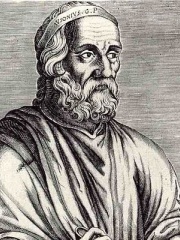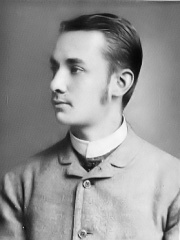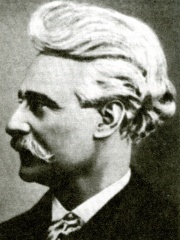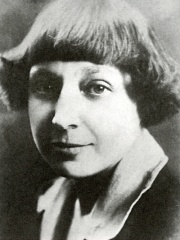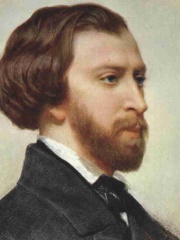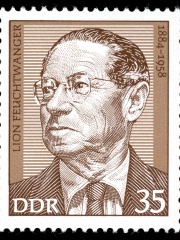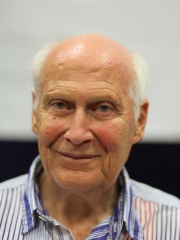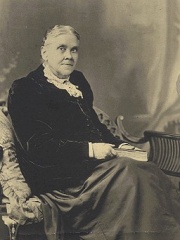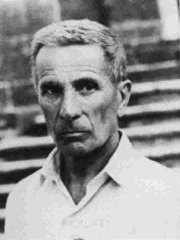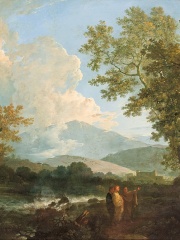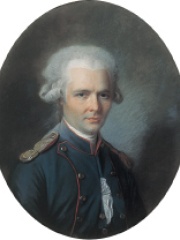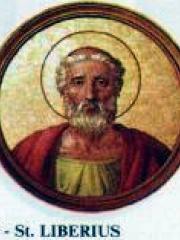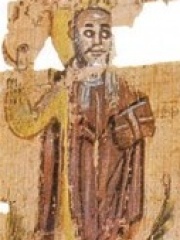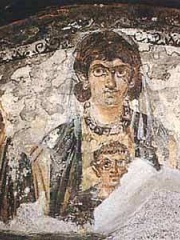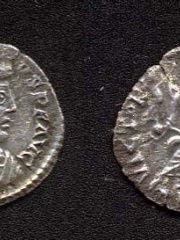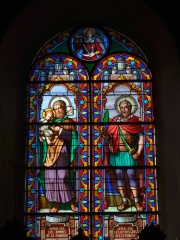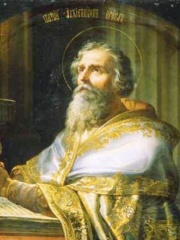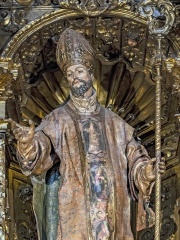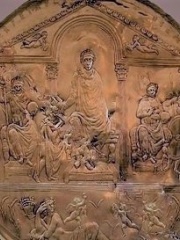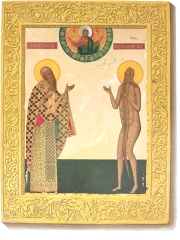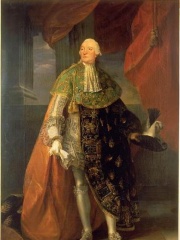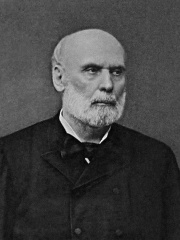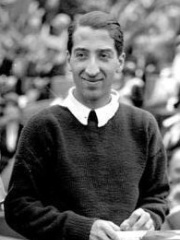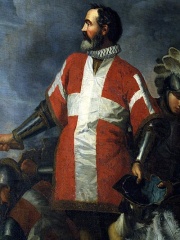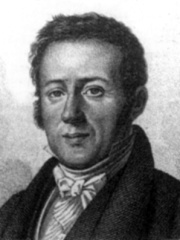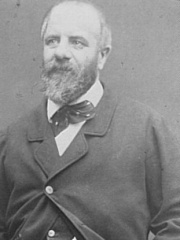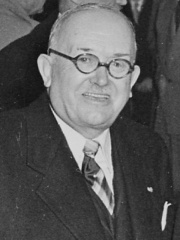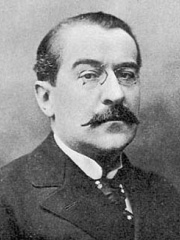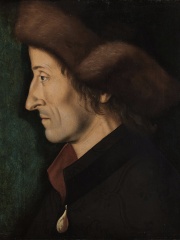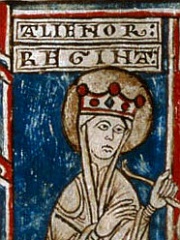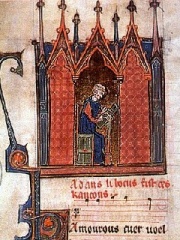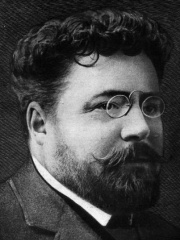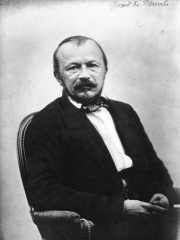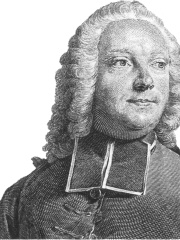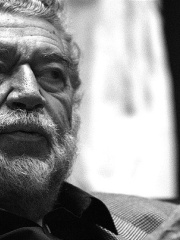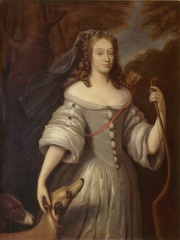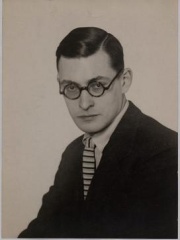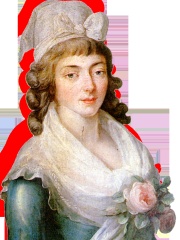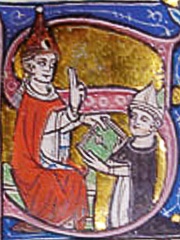作家
Ausonius
310 - 395
ZH.WIKIPEDIA PAGE VIEWS (PV)
Memorability Metrics
Page views of Ausonius by language
Among 作家
Among 作家, Ausonius ranks 603 out of 7,302. Before him are Bell hooks, Gustav Meyrink, Paul Lafargue, Marina Tsvetaeva, Alfred de Musset, and Kazuo Ishiguro. After him are Lion Feuchtwanger, Bert Hellinger, Ellen G. White, Dino Buzzati, Titus Pomponius Atticus, and Pierre Choderlos de Laclos.
Most Popular 作家 in Wikipedia
Go to all RankingsBell hooks
1952 - 2021
HPI: 71.69
Rank: 597
Gustav Meyrink
1868 - 1932
HPI: 71.68
Rank: 598
Paul Lafargue
1842 - 1911
HPI: 71.68
Rank: 599
Marina Tsvetaeva
1892 - 1941
HPI: 71.67
Rank: 600
Alfred de Musset
1810 - 1857
HPI: 71.67
Rank: 601
Kazuo Ishiguro
1954 - Present
HPI: 71.66
Rank: 602
Ausonius
310 - 395
HPI: 71.64
Rank: 603
Lion Feuchtwanger
1884 - 1958
HPI: 71.60
Rank: 604
Bert Hellinger
1925 - 2019
HPI: 71.59
Rank: 605
Ellen G. White
1827 - 1915
HPI: 71.59
Rank: 606
Dino Buzzati
1906 - 1972
HPI: 71.58
Rank: 607
Titus Pomponius Atticus
110 BC - 32 BC
HPI: 71.58
Rank: 608
Pierre Choderlos de Laclos
1741 - 1803
HPI: 71.54
Rank: 609
Contemporaries
Among people born in 310, Ausonius ranks 2. Before him is Pope Liberius. After him are Pope Theophilus of Alexandria, Egeria, Apollinaris of Laodicea, Antipope Eulalius, Jovinus, Maximus of Ephesus, Gaius Marius Victorinus, Proclus of Constantinople, Pacian, and Count Theodosius. Among people deceased in 395, Ausonius ranks 4. Before him are Theodosius I, Ammianus Marcellinus, and Gregory of Nyssa. After him are Rufinus, and Macarius of Alexandria.
Others Born in 310
Go to all RankingsPope Liberius
RELIGIOUS FIGURE
310 - 366
HPI: 77.41
Rank: 1
Ausonius
WRITER
310 - 395
HPI: 71.64
Rank: 2
Pope Theophilus of Alexandria
RELIGIOUS FIGURE
310 - 412
HPI: 71.21
Rank: 3
Egeria
WRITER
310 - Present
HPI: 68.01
Rank: 4
Apollinaris of Laodicea
RELIGIOUS FIGURE
310 - 390
HPI: 67.99
Rank: 5
Antipope Eulalius
POLITICIAN
310 - 423
HPI: 65.79
Rank: 6
Jovinus
POLITICIAN
310 - 413
HPI: 63.89
Rank: 7
Maximus of Ephesus
PHILOSOPHER
310 - 372
HPI: 63.86
Rank: 8
Gaius Marius Victorinus
PHILOSOPHER
310 - 364
HPI: 62.98
Rank: 9
Proclus of Constantinople
POLITICIAN
310 - 446
HPI: 62.60
Rank: 10
Pacian
RELIGIOUS FIGURE
310 - 390
HPI: 60.28
Rank: 11
Count Theodosius
POLITICIAN
310 - 376
HPI: 59.89
Rank: 12
Others Deceased in 395
Go to all RankingsTheodosius I
POLITICIAN
340 - 395
HPI: 83.74
Rank: 1
Ammianus Marcellinus
WRITER
330 - 395
HPI: 80.61
Rank: 2
Gregory of Nyssa
RELIGIOUS FIGURE
335 - 395
HPI: 75.72
Rank: 3
Ausonius
WRITER
310 - 395
HPI: 71.64
Rank: 4
Rufinus
POLITICIAN
335 - 395
HPI: 63.38
Rank: 5
Macarius of Alexandria
RELIGIOUS FIGURE
297 - 395
HPI: 62.79
Rank: 6
In 法国
Among people born in 法国, Ausonius ranks 718 out of NaN. Before him are Louis Philippe II, Duke of Orléans (1747), Alfred de Musset (1810), Jules Grévy (1807), René Lacoste (1904), Jean Parisot de Valette (1494), and René Lesson (1794). After him are Eugène Edine Pottier (1816), Léonin (1135), Vincent Auriol (1884), Émile Picard (1856), Sebastian Brant (1458), and Eleanor of England, Queen of Castile (1162).
Others born in 法国
Go to all RankingsLouis Philippe II, Duke of Orléans
POLITICIAN
1747 - 1793
HPI: 71.67
Rank: 712
Alfred de Musset
WRITER
1810 - 1857
HPI: 71.67
Rank: 713
Jules Grévy
POLITICIAN
1807 - 1891
HPI: 71.65
Rank: 714
René Lacoste
TENNIS PLAYER
1904 - 1996
HPI: 71.65
Rank: 715
Jean Parisot de Valette
POLITICIAN
1494 - 1568
HPI: 71.65
Rank: 716
René Lesson
BIOLOGIST
1794 - 1849
HPI: 71.65
Rank: 717
Ausonius
WRITER
310 - 395
HPI: 71.64
Rank: 718
Eugène Edine Pottier
POLITICIAN
1816 - 1887
HPI: 71.63
Rank: 719
Léonin
COMPOSER
1135 - 1201
HPI: 71.62
Rank: 720
Vincent Auriol
POLITICIAN
1884 - 1966
HPI: 71.58
Rank: 721
Émile Picard
MATHEMATICIAN
1856 - 1941
HPI: 71.58
Rank: 722
Sebastian Brant
PHILOSOPHER
1458 - 1521
HPI: 71.58
Rank: 723
Eleanor of England, Queen of Castile
COMPANION
1162 - 1214
HPI: 71.58
Rank: 724
Among 作家 In 法国
Among 作家 born in 法国, Ausonius ranks 101. Before him are Adam de la Halle (1245), Gaston Leroux (1868), Gérard de Nerval (1808), Georges Perec (1936), Antoine François Prévost (1697), and Alfred de Musset (1810). After him are Pierre Choderlos de Laclos (1741), Alain Robbe-Grillet (1922), Louise de La Vallière (1644), Raymond Queneau (1903), Madame Roland (1754), and Bernard Gui (1261).
Adam de la Halle
1245 - 1288
HPI: 71.80
Rank: 95
Gaston Leroux
1868 - 1927
HPI: 71.79
Rank: 96
Gérard de Nerval
1808 - 1855
HPI: 71.74
Rank: 97
Georges Perec
1936 - 1982
HPI: 71.72
Rank: 98
Antoine François Prévost
1697 - 1763
HPI: 71.72
Rank: 99
Alfred de Musset
1810 - 1857
HPI: 71.67
Rank: 100
Ausonius
310 - 395
HPI: 71.64
Rank: 101
Pierre Choderlos de Laclos
1741 - 1803
HPI: 71.54
Rank: 102
Alain Robbe-Grillet
1922 - 2008
HPI: 71.52
Rank: 103
Louise de La Vallière
1644 - 1710
HPI: 71.41
Rank: 104
Raymond Queneau
1903 - 1976
HPI: 71.41
Rank: 105
Madame Roland
1754 - 1793
HPI: 70.91
Rank: 106
Bernard Gui
1261 - 1331
HPI: 70.83
Rank: 107
